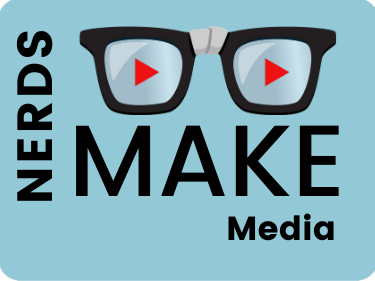Speaker: Rich Lanchantin of Qstream
“Qstream is a continuous learning program for knowledge retention and critical thinking skills that is respectful of time”.
What is microlearning?
Breaking information into small segments to get the attention of busy employees?
Information delivered “just in time”?
Series of short videos and presentations organized on a web portal?
Scenario-based challenges delivered over spaced intervals to assure retention and behavior change?
For Lanchantin they are all correct, but Qstream focuses on the scenario-based. They use the “spacing effect” (i.e. spacing content out to improve retention) and the “testing effect” – scenario based Q & A which best reinforces learning. It also helps improve critical thinking.
Merely chunking information into smaller segments in an unsystematic way has proven ineffective.
Qstream sends a notification via email or mobile device that the recipient has a question today. The activity only takes 5-10 minutes to do, which learners really appreciate. They recommend rich, relateable scenarios with a question and complete explanation. Then the learners sees the leaderboard to show how they are doing, which is very motivational. Learners can be put into teams to compete against each other.
Qstream claims approximately 92% engagement, even in cases where the activity is not required. Engagement is defined as going through the program at least once.
They sell Qstream to many of the major hospitals who put in their own scenarios. Different departments use it, as well as for residency education. Also used by pharma and biotech – in particular sales reps, as there are thousands of pharmaceutical sales reps who need to be kept update. Also used by clinical trial monitors, and medical device companies.
They get frequent feedback that short time span is really appreciated.
Users can comment on the questions. This not only makes it social, but provides immediate feedback for the designer, in case they want to refine or improve the questions.
It is customizable, but typically the users will go through a sequence of getting a question every other day for about 8 weeks. They will usually see the same question more than once to reinforce the learning. It adds up to about 2 hours of content, 5-10 minutes at a time.
